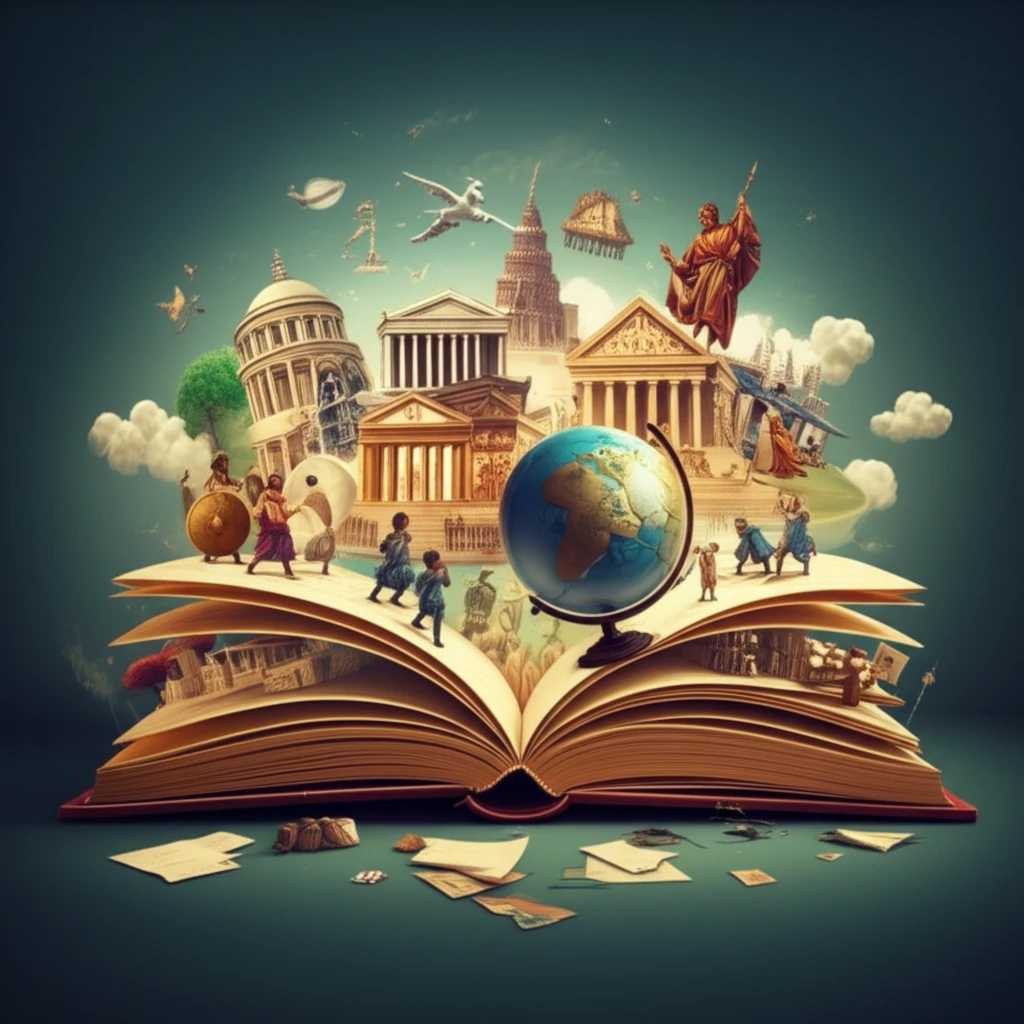
Unlocking the Educator's Narrative: How History Teachers Shape Our World
"Explore the powerful stories and experiences that mold history educators, and discover how their journeys impact the way we understand the past and present."
History is more than just dates and names; it's the story of humanity, a vibrant tapestry woven with the threads of countless lives, cultures, and events. But who guides us through this intricate narrative? The history teacher. This article shines a light on the often-unsung heroes of education, exploring the personal and professional journeys of history educators and how their experiences shape the way they teach.
The role of a history teacher is multifaceted, extending far beyond the classroom. They are storytellers, critical thinkers, and guardians of cultural heritage. They ignite curiosity, encourage empathy, and equip students with the skills necessary to navigate a complex world. Understanding the influences that shape these educators is crucial to appreciating the profound impact they have.
This exploration draws on research that examines the initial training, personal experiences, and ongoing development of history teachers. We'll uncover how their unique backgrounds, challenges, and triumphs influence their teaching styles, theoretical perspectives, and overall commitment to their craft.
The Making of a History Teacher: Initial Training and Early Influences

Every journey begins with a first step, and for history teachers, this often involves formal education. The research highlights the central role of initial training in shaping a teacher's theoretical positions, pedagogical practices, and professional identity. This initial phase is where the foundation for their future career is laid.
- Bridging the Gap: The perceived chasm between theoretical knowledge and practical application during training.
- Real-World Readiness: The feeling of being underprepared for the diverse challenges of the classroom.
- The Impact of Mentors: The lasting influence of inspiring professors and role models.
- The Evolution of Philosophy: How early experiences shape a teacher's core beliefs about education.
The Enduring Legacy: The Impact of History Teachers
The stories of history teachers are a testament to the power of education. Their journeys, marked by challenges and triumphs, reveal the profound impact they have on shaping our understanding of the world. By understanding the influences that mold these educators, we can better support their vital work and ensure that future generations are equipped with the knowledge and skills to navigate the complexities of the past, present, and future.
